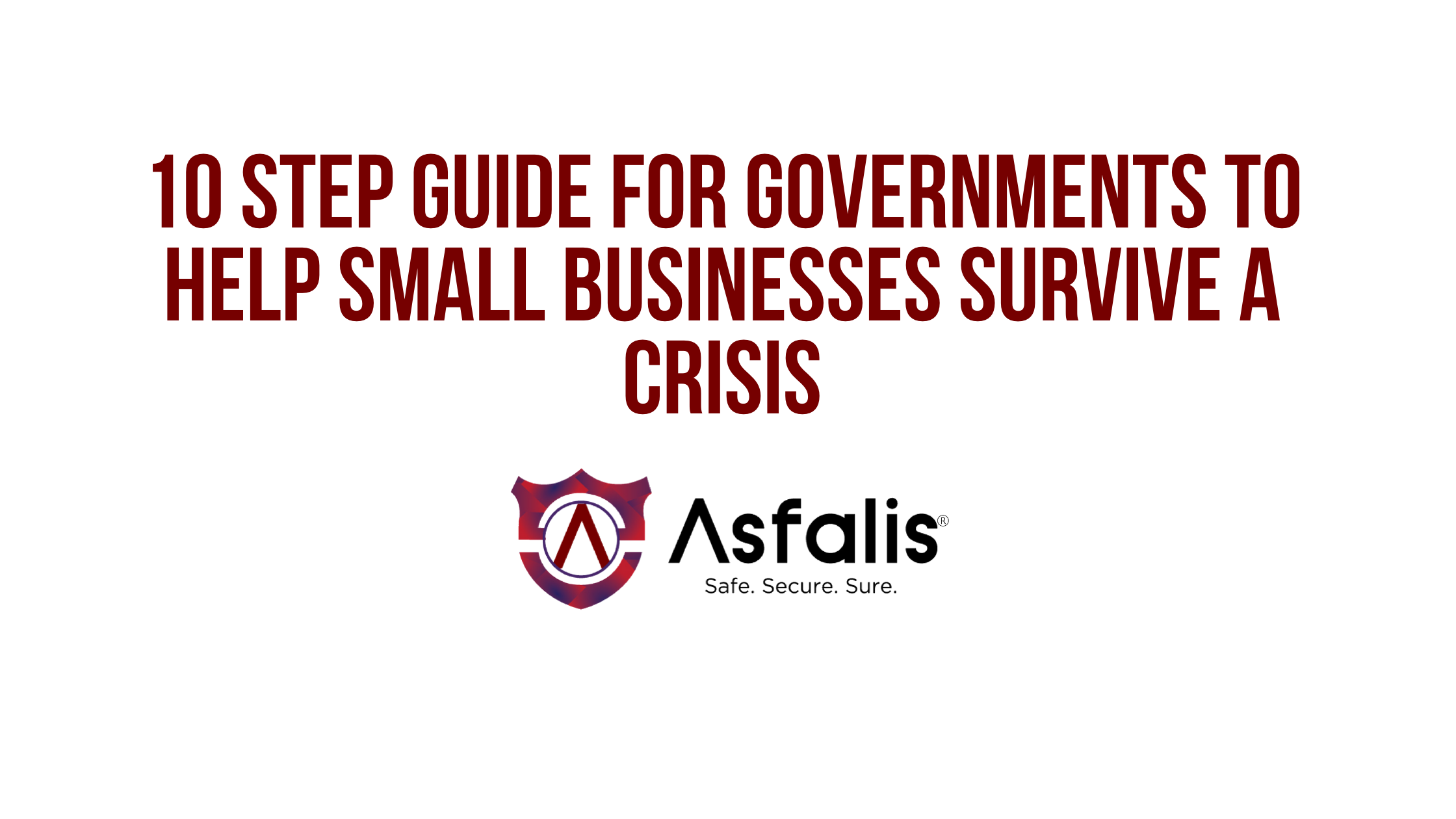Ever heard the adage, “Forewarned is forearmed”? It simply means that when you understand potential dangers, you have a distinct advantage in tackling them successfully over those who do not.
That’s at the very heart of what we do at Asfalis Advisors. Our purpose, every day, is to help leaders create or strengthen their legacy, globally. Most leaders want to build and leave a legacy, and we believe our efforts through risk mitigation, crisis preparedness and business continuity help to protect their legacies. Crisis Management systems we co-create position our client companies to be forewarned and forearmed.
When it comes to crisis management, we focus on protecting your reputation, keeping you profitable, and ensuring your ability to operate. No matter what gets thrown at you, because when those things are compromised, you are in a crisis. We know that what constitutes a crisis for the company down the street may not be a crisis for you. So, the first step is identifying what a crisis means to you. To help you assess potential crises for your organization, here are a few questions to consider:
- Who does the crisis impact?
- What impact does the crisis have on your organization?
- When will the crisis impact your organization?
- Where does the crisis impact your organization?
- Why does the crisis impact your organization?
- How do you prevent the crisis from happening?
The crisis management team is a group of individuals who develop and execute the crisis preparedness strategy in times of crisis. The team should include a small core group of decision-makers and leaders who are trained to respond in times of crisis. The key to crisis management teams is training. The more your crisis team is prepared before the crisis, the more effective they are at working together which enhances the value of investment back to the organization.
A strong crisis management team can clarify your goals for crisis response, and think through how you will engage vendors, supply chains, and even customers in managing crises. Crisis Management is 80% communications and 20% strategy. Effective communication and strategy begins well before the crisis.
A few crisis keys Asfalis lives by:
- Never waste a crisis
- Crisis preparedness is not a part-time job
- When crisis hits you should only be executing
The bottom line is that when a crisis arises, your customers should never feel it, and that is where Asfalis comes in.





